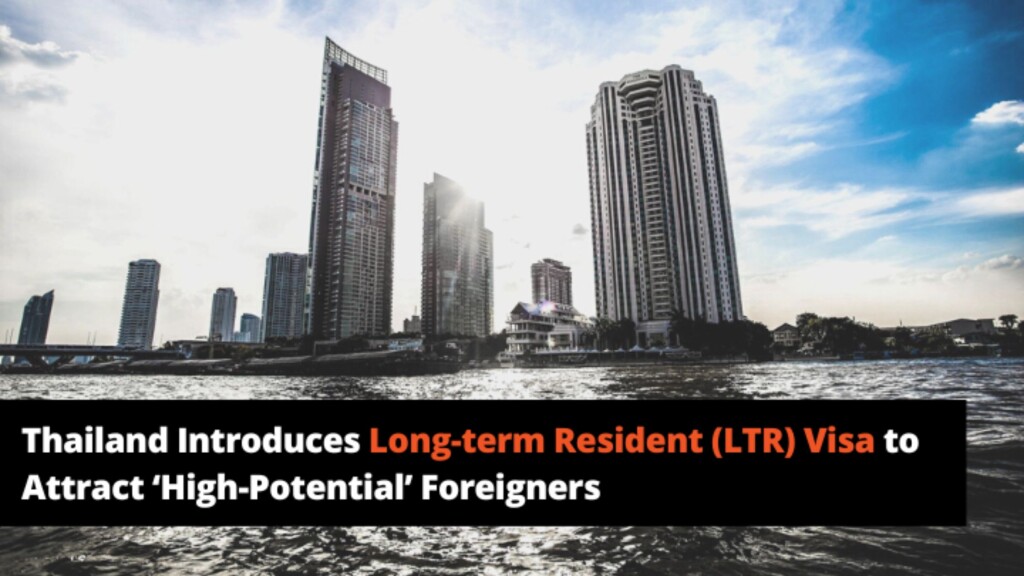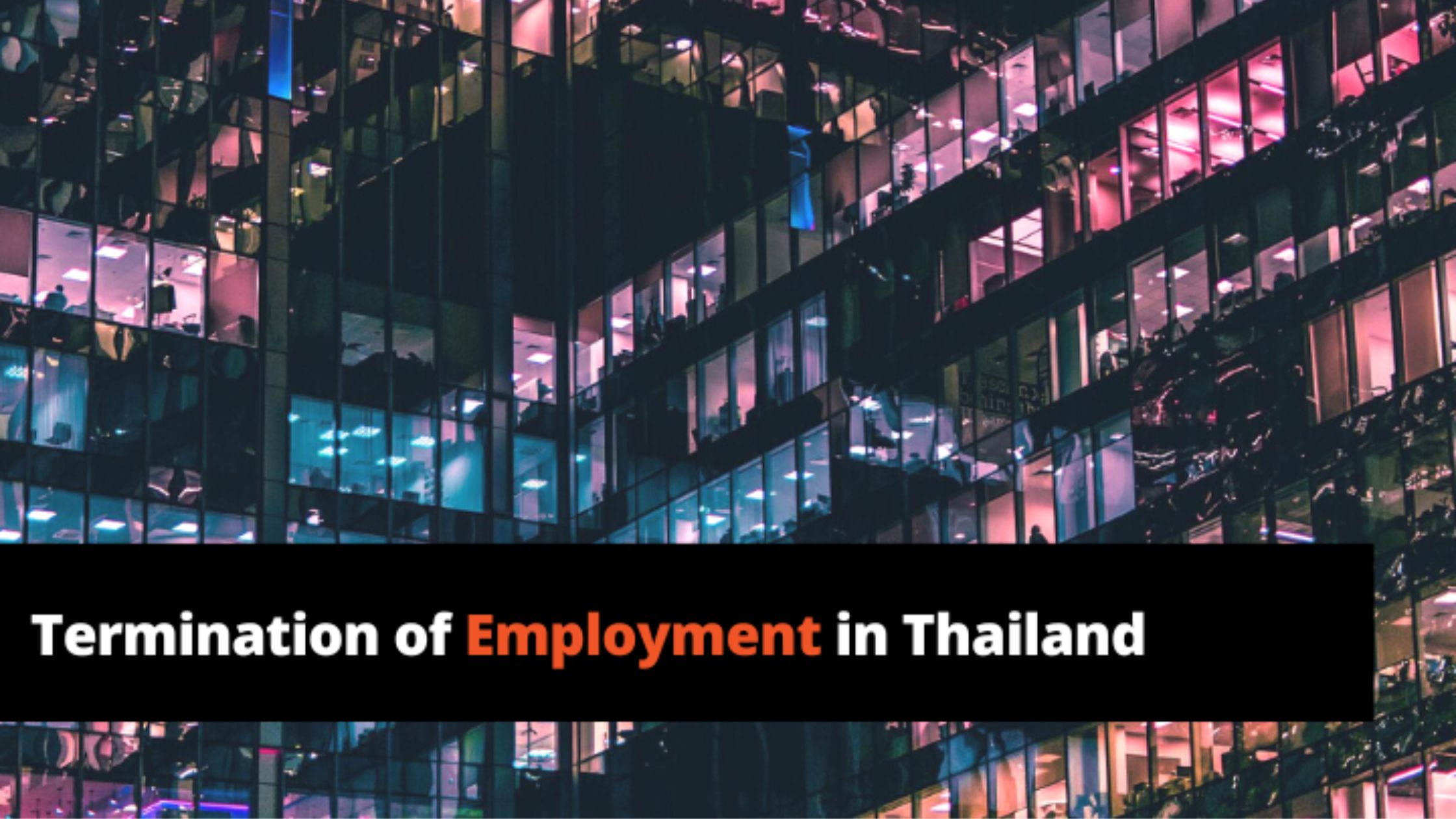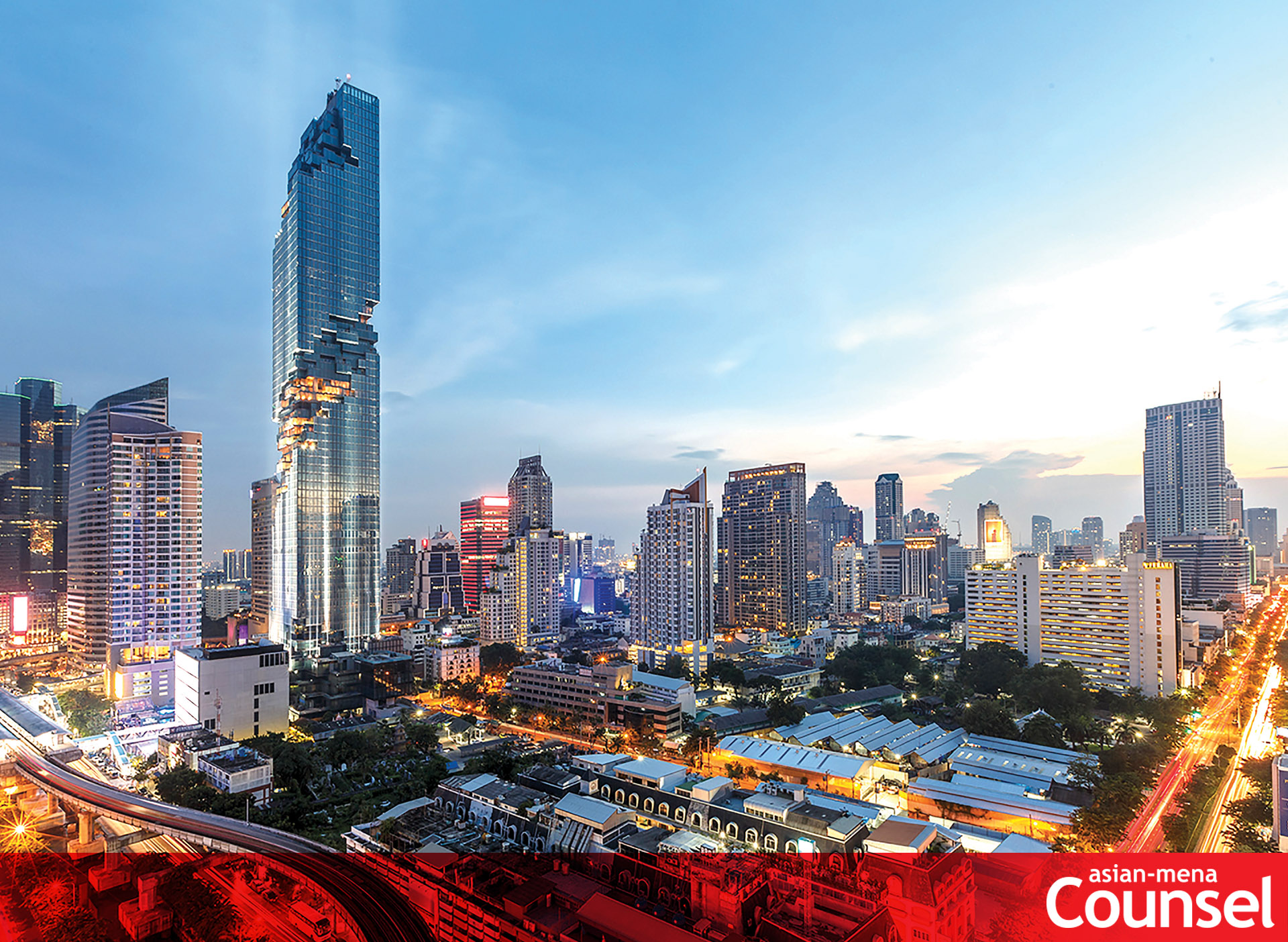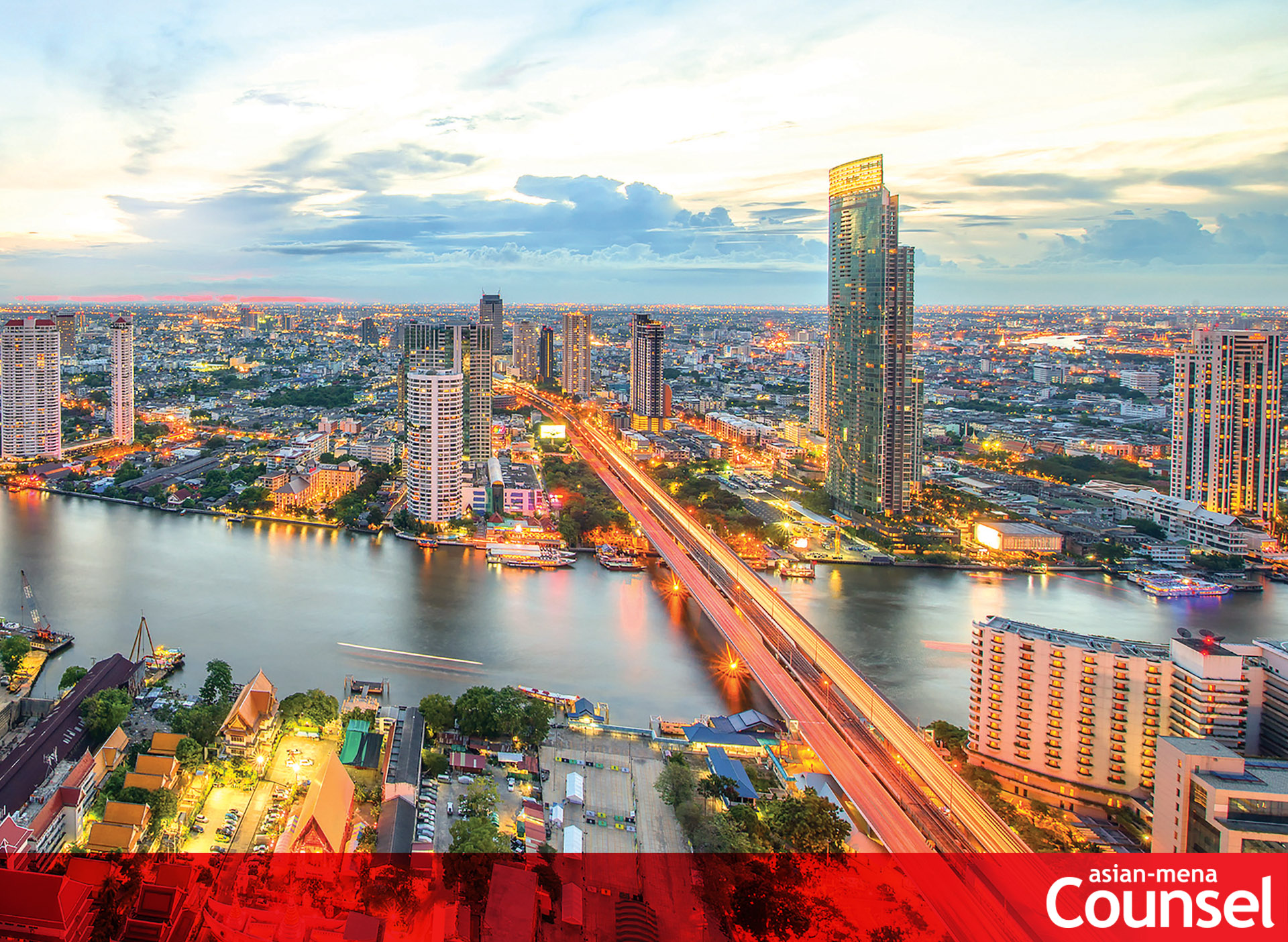
Since the lifting of the strict lockdown in the first quarter of 2022 and the decrease in the number of COVID-19 cases, the Thai economy has shown signs of recovery. However, Thailand still faces a battle in bringing its economy back up to pre-pandemic levels in order to compete with its ASEAN neighbors, not to mention the world. Therefore, in June this year, the Royal Gazette formally announced of the introduction of an initiative between the Ministry of Interior (“MOI”), the Ministry of Labour (“MOL”), and the Board of Investment (“BOI”) in the form of a Long-Term Resident (LTR) visa that is designed to attract a new wave of foreign direct investment (“FDI”) and knowledge transfer experts.
The Thai government anticipates that the scheme will attract over one million foreigners over the next five years, drawn by the low cost of living and vibrant lifestyle here. The LTR visa scheme is focused on making Thailand an even more attractive destination by simplifying the visa and work permit process and offering attractive incentives. It is hoped that this will bring extra investment into Thailand of more than THB 750 billion by 2026.
The LTR visa will benefit certain foreigners and their dependents who meet the criteria set by the BOI which are divided into five categories. The concept of the LTR visa was introduced last year and has been updated on an ongoing basis. Based on the Cabinet’s resolution in the previous year, most of the core qualifications still remain the same. However, there are new additional criteria that the applicants need to meet as stipulated by the BOI as follows:


The LTR visa holders will receive the following benefits:
- 10 years renewable visa with multiple re-entry permit (5 years upon arrival with another 5 years extension)
- Spouse and children of the LTR visa holder are eligible for the same visa (maximum of 4 persons per family)
- 90-day report requirement extended to 1-year
- Renewable digital work permit; however, the validity period will be as per the employment agreement, or for non-employees; the validity period will be 5 years
- 17% Personal Income Tax for highly skilled professionals who work in the target industries
- Fast Track Lane Service at International Airports in Thailand
- The application process will take place at the One Stop Service Center at Chamchuri Square Building for Visas and Work Permits
In addition, the government fees will be based on the regulations of the MOI and MOL; therefore, the visa fee will be THB 50,000 per time and a digital work permit will be THB 3,000 per year.
Furthermore, while some of the related official regulations were enforceable in the middle of this year, others will be gradually implemented from the end of August 2022 to early September 2022 as the BOI plans to start accepting applications from 1 September 2022 onwards. However, there has been no announcement regarding the actual starting date or official online system to support the applications.
Nevertheless, the LTR visa will provide the above attractive incentives to the holders as granted by the Thai government. If you like the idea of staying and working in Thailand and are considering applying for one for you and your family, or you have any inquiries regarding visas and work permits in Thailand, Kudun and Partners’ experienced legal team is ready and willing to guide you through the relevant process.































 Kudun and Partners Limited
Kudun and Partners Limited Kudun Sukhumananda
Kudun Sukhumananda Troy Schooneman
Troy Schooneman




